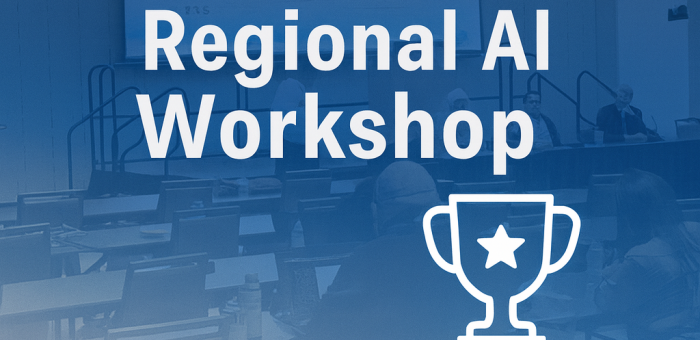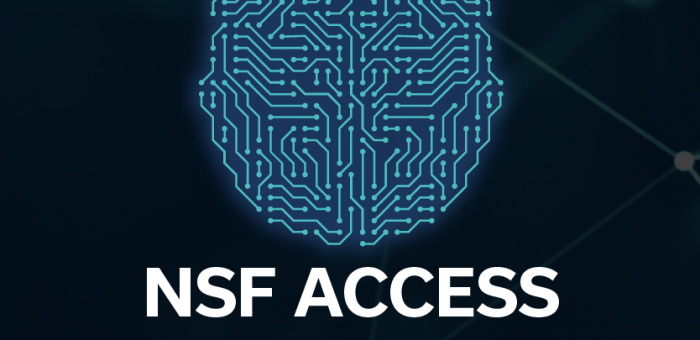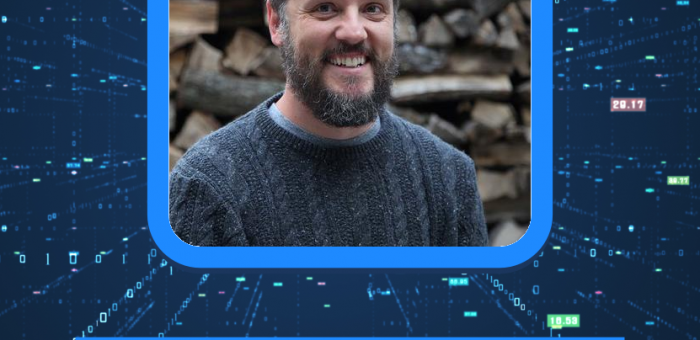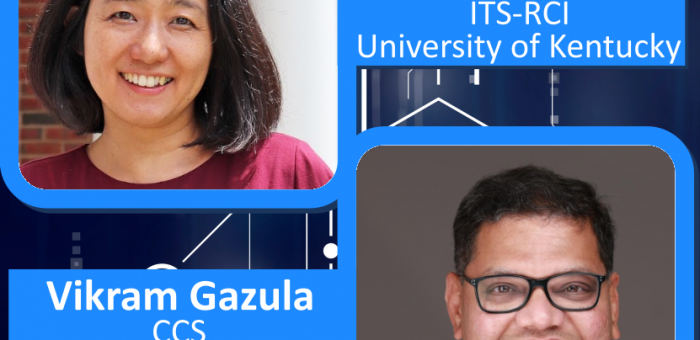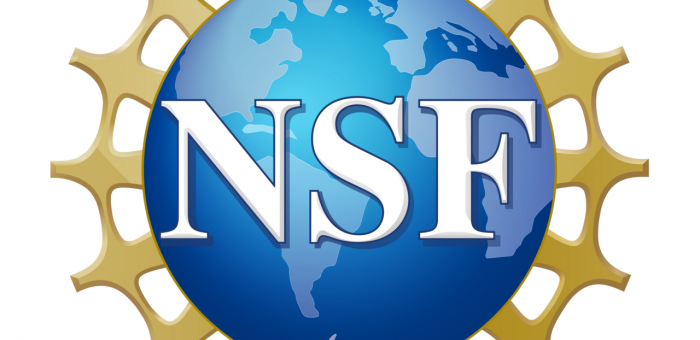
UK at SC25 — Representing the University at the Leading International HPC Conference
The University of Kentucky’s Center for Computational Sciences (CCS) and ITS Research Computing Infrastructure (ITS-RCI) team will be representing UK at the SC25 Supercomputing Conference in St. Louis, MO from November 16–21. SC25 is the leading international conference for HPC, networking, storage, and AI, bringing together the global community to explore how “HPC Ignites the Future.” Our team will be at Exhibitor Booth #5400, sharing information about UK’s research computing capabilities and ongoing efforts to support computational research across campus and the Commonwealth. We look forward to connecting with colleagues, collaborators, and members of the HPC community throughout the week. We hope to see you in St. Louis for SC25!

